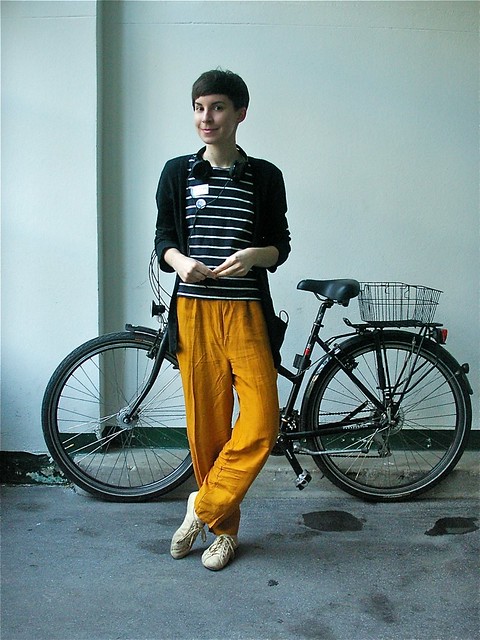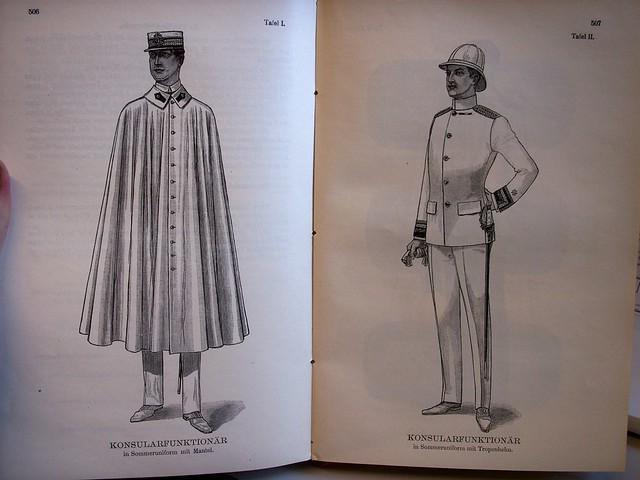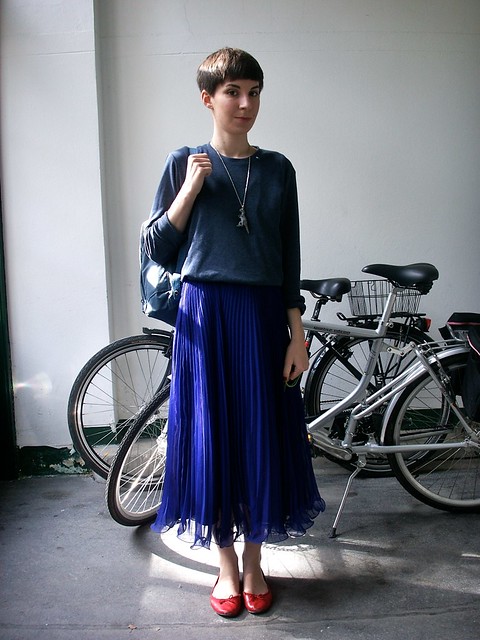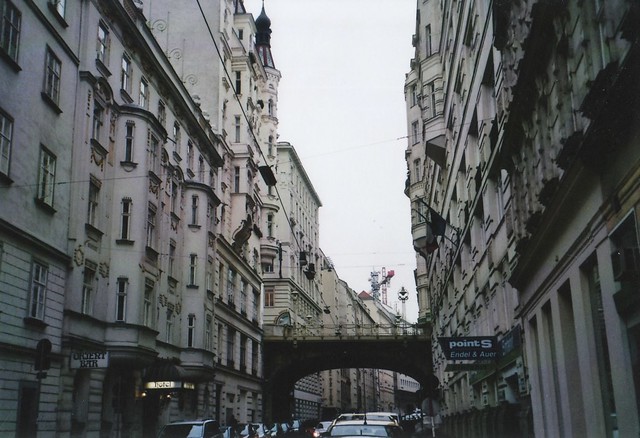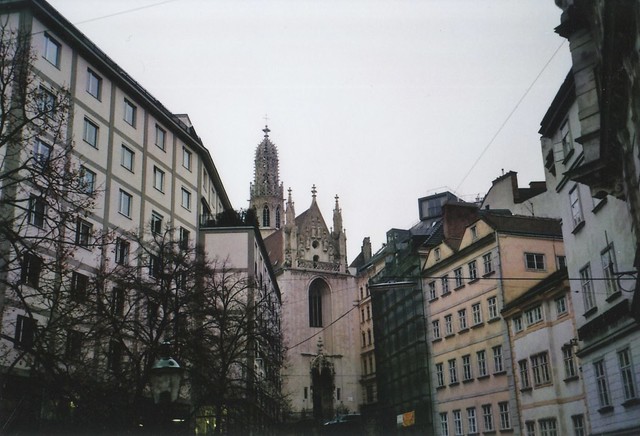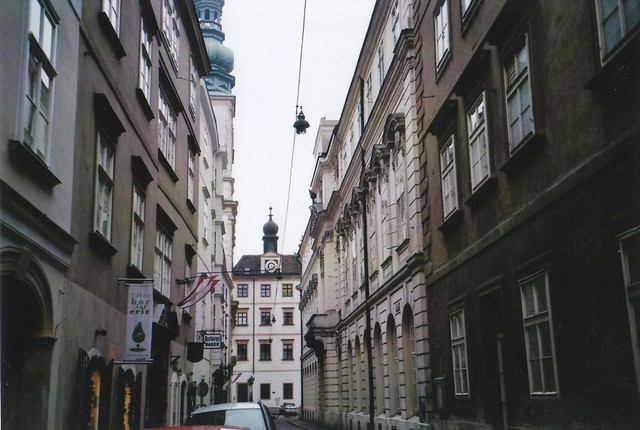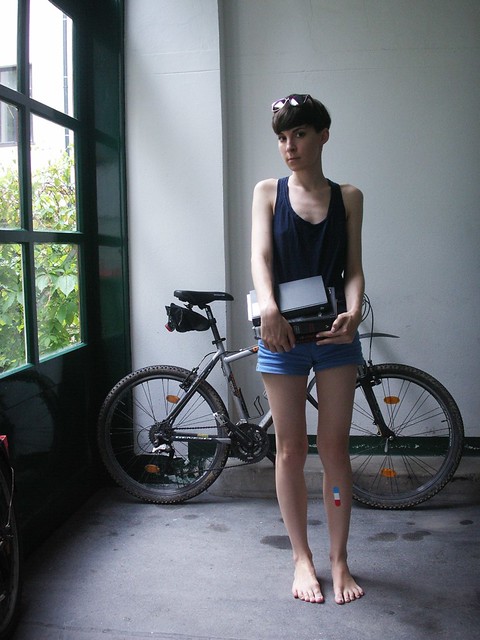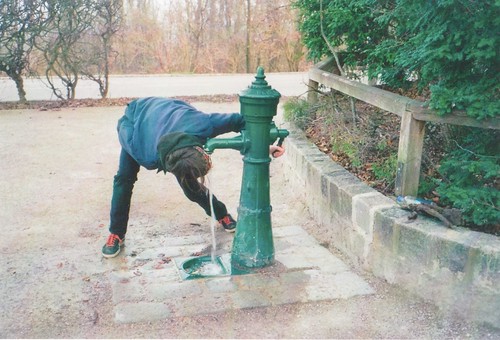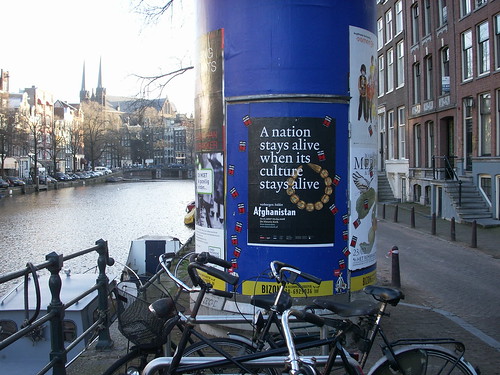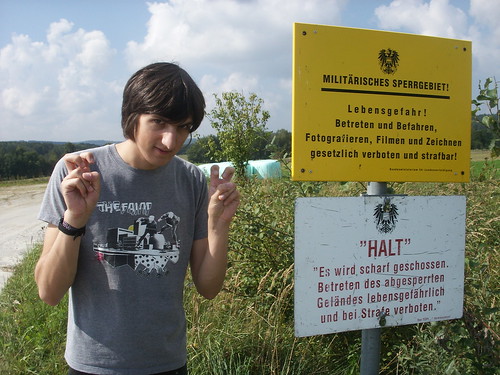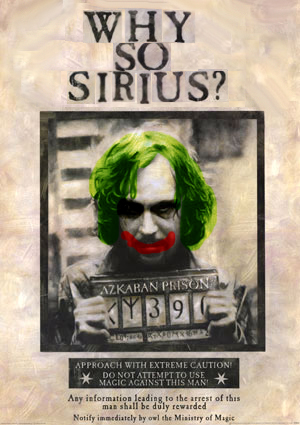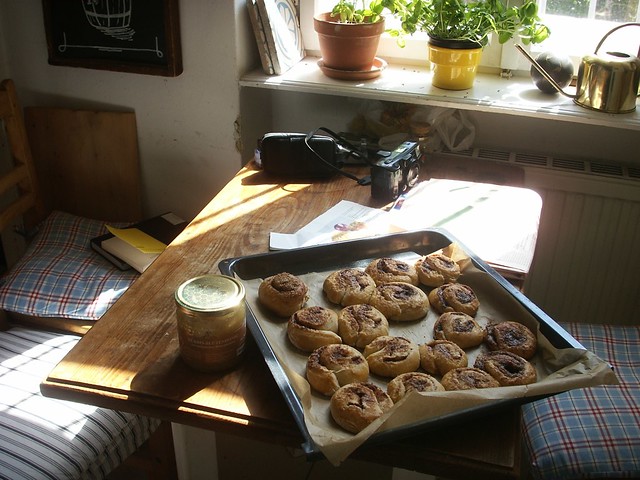
It's taken about a year to reach this point (due to an unlucky combination of studying in Austria, chosing a difficult subject and various personal problems), but yesterday I finally completed my dissertation. Writing it made me realise what I love and what I hate about history as a discipline - and to be honest my doubts about whether it's possible to actually say anything meaningful about the past have multiplied ad infinitum. The most important lesson I've learned is that what I've come to dislike is not and never will be history per se, it's just the area I've focused on. Everything else is still as exciting and new as it was when I first started reading biographies about famous Frenchmen at the tender age of eleven.
Now I have to do lots of revision for my last and arguably most important exam ever, but I don't really mind - reading about Late Antiquity is exactly what I want to be doing right now. Plus, it can be done outside, in a park or in a café. I think it's time for another list though. Let's call it:
Things I'm going to do now that I've handed in my dissertation (part 1):
- Bake cinnamon rolls. I did this a couple of weeks ago when I was feeling restless and I loved the result. I'm not a terribly good cook or baker really, therefore I'm always pleased when I manage not to burn something.


